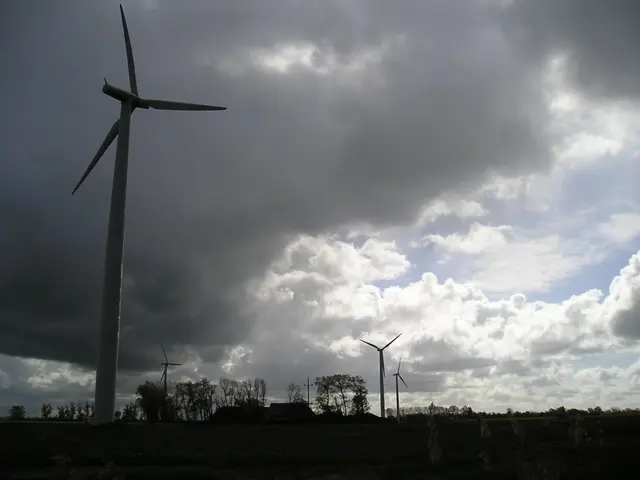European Chemical Giants Eye Growth Despite Cost Challenges
European chemical companies are facing significant challenges, with high costs and structural issues impacting their competitiveness. Despite this, they are looking towards growth in the future, with expansion plans and a cautiously optimistic outlook.
Cost optimization is a top priority for these companies, with a focus on improving cost and revenue structures. Europe's high energy and personnel costs, aging society, and excessive regulation are major concerns. To combat this, companies are relocating production footprints, adjusting capacities in Europe and establishing them in growth regions.
Looking ahead, the growth forecast for 2026 onwards is expected to primarily affect net profit through rising volumes, not price increases. This is despite leading European chemical companies not anticipating a significant recovery in 2025. The majority of board members and executives expect a profit increase of at least five percent in 2026.
Companies are expanding production capacities in several countries by 2025. This includes new specialty silicone capacities in Asia by WACKER, polypropylene compound production in Austria by Borealis, battery production in Spain by a Stellantis and CATL joint venture, and new or expanded chemical production facilities in Germany and the USA. AI technology is also becoming increasingly important, with its use growing in production planning, sales, and maintenance decision-making.
However, consumer sentiment is dampening due to trade wars and restructuring news, particularly in Germany and Europe. Despite this, decarbonization, circular economy, and climate neutrality are expected to strongly influence business development, with future business models being fossil-free or carbon-neutral.
While European chemical companies face significant challenges and a dampened consumer sentiment, they are looking towards growth and expansion in the future. With a focus on cost optimization, relocation of production, and embracing new technologies, they aim to improve their competitiveness and achieve a cautiously optimistic outlook by the second half of 2025.
Read also:
- Hydrogen set to revolutionize India's space expeditions, transportation sector, and clean energy ambitions, according to ISRO Chairman's claims
- Strategic approach to eco-friendly nickel production for electric vehicles in Europe
- Solar energy company, Imperium, alongside QORAY Mobility & Energies Solar Business, bolsters Nigeria's environmental future by producing superior solar panels domestically and offering flexible payment options.
- AI Inspection Company, Zeitview, Secures $60 Million Funding for Expansion







